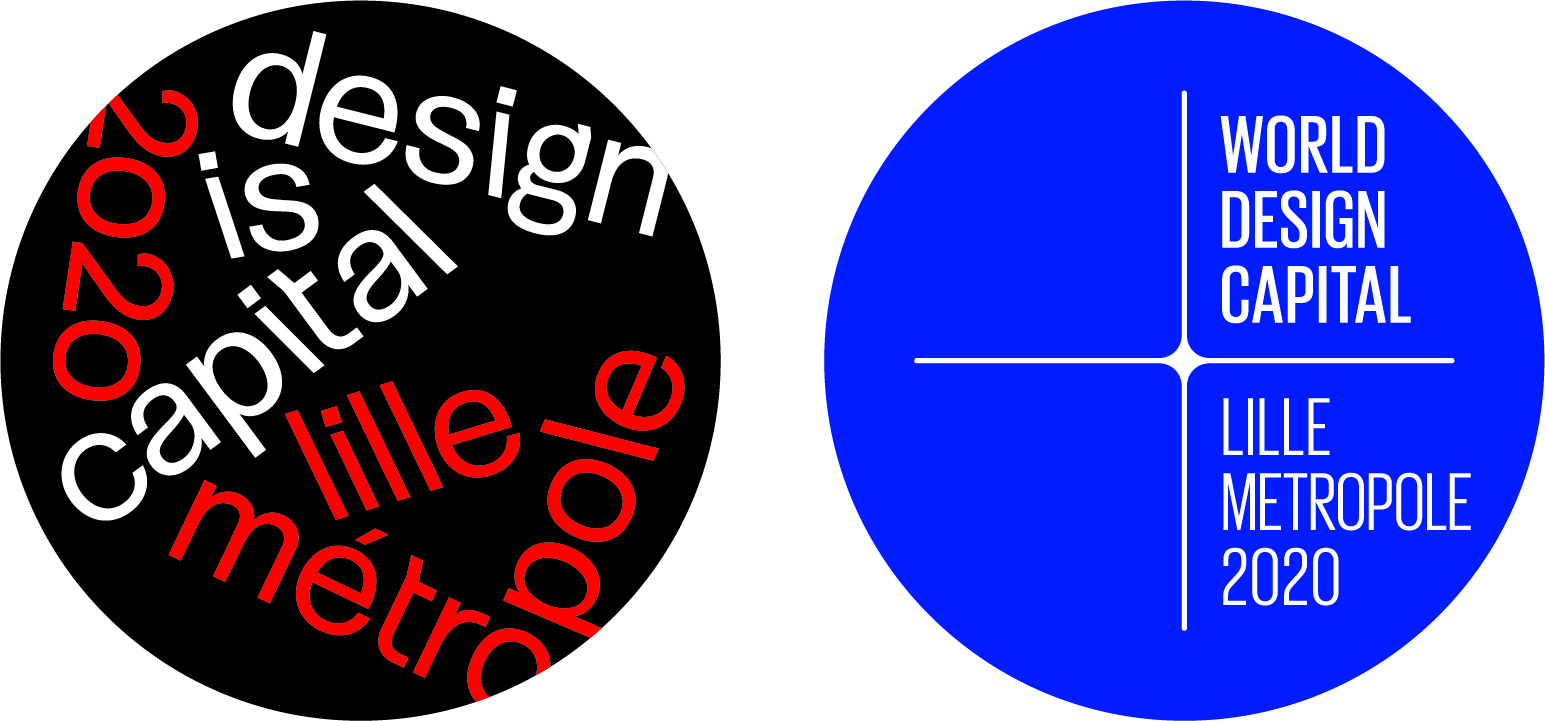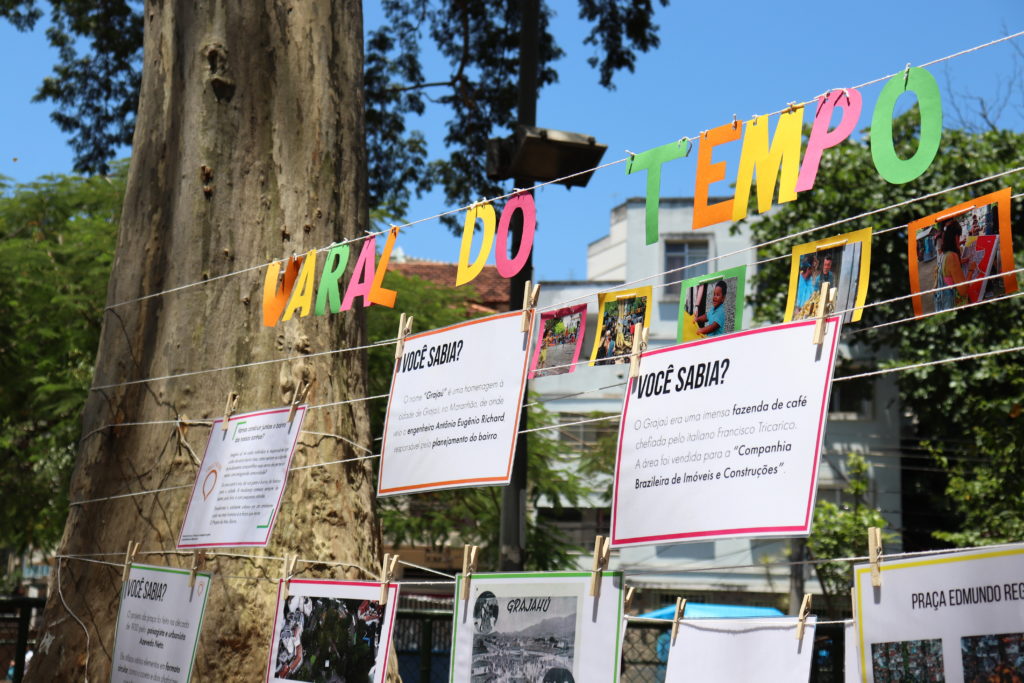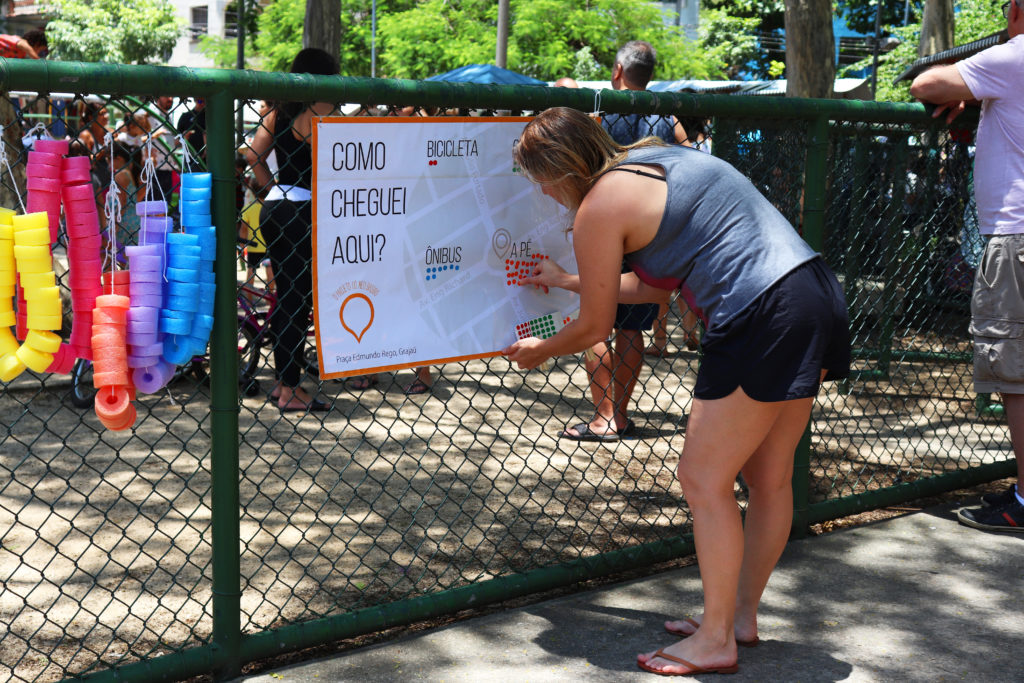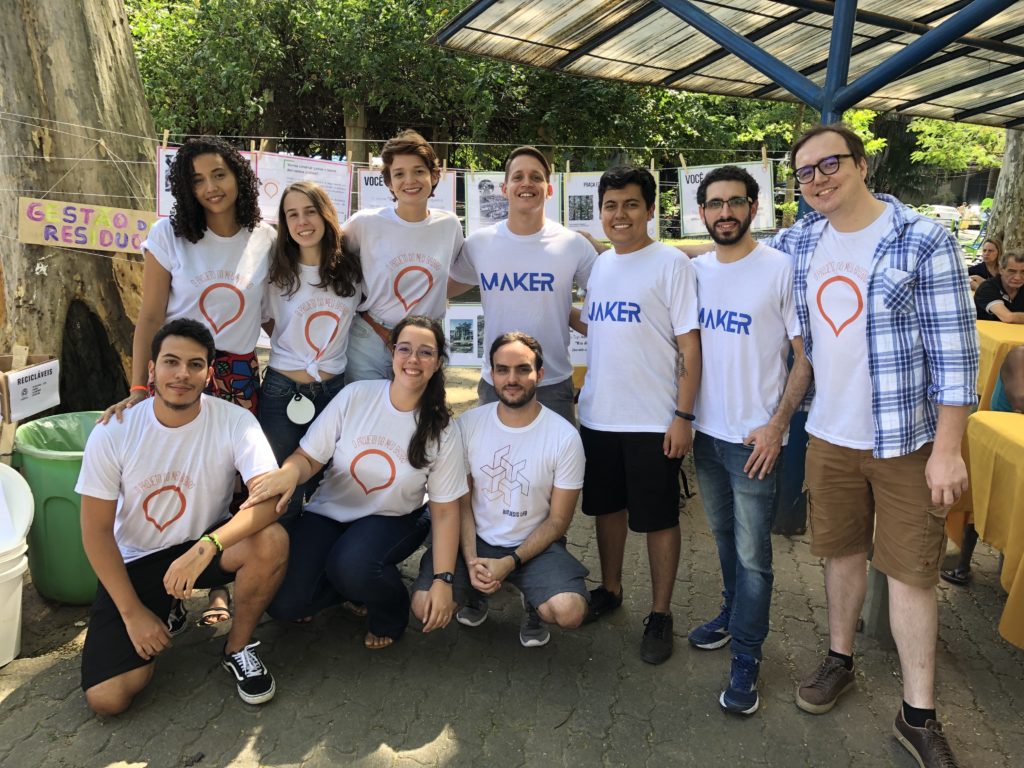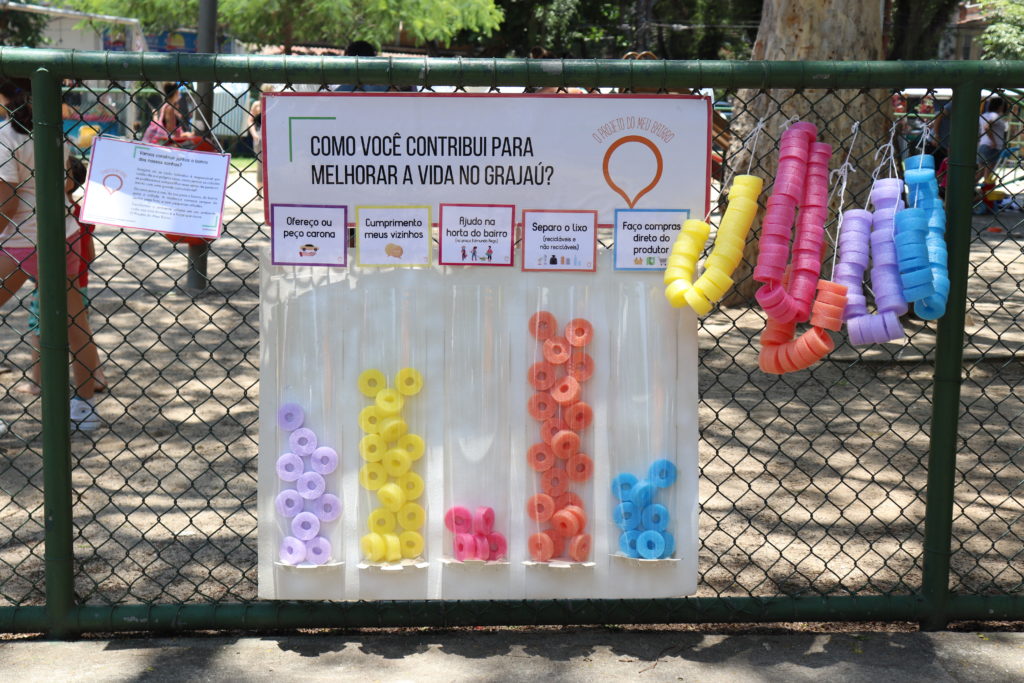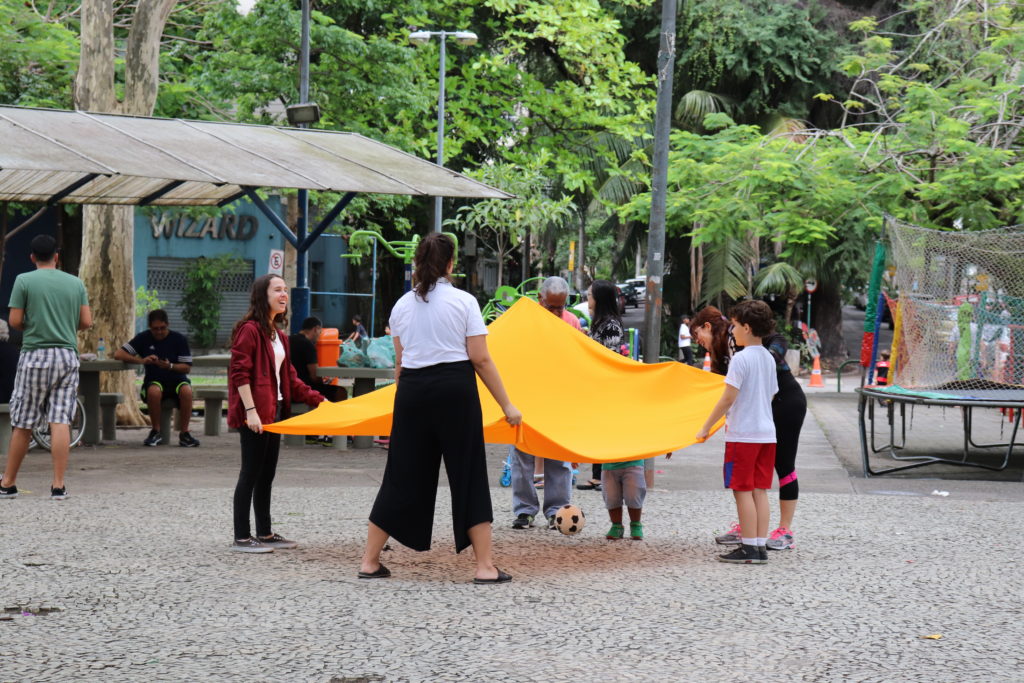POC Grajaú Colla, Rio- BR
Realconnections within the virtual world
How mightwe cultivate trust during social isolation times? How can small businesses be supported through this pandemic? What about acollaborative platform that maintains solidarity and connects producers and buyers?
Collaborativeness, people and service geolocalisation
GrajaúCollabis a participatory mapping that aims toidentify small businesses and volunteers in the Grajaúneighbourhood, Rio de Janeiro (Brazil), during the Coronavirus pandemic. The project aims to minimise the losses (financial and relational) provoked by the isolation period. To appear in the map, Grajaúresidents/workers have to fill a form indicating what services/support they offer alongwiththeir specific localisation in the neighbourhood. In anisolation scenario, GrajaúCollabcan beconsidered as a virtual evolutionof “My Neighbourhood Project” – an initiative that Rio DESIS Lab hasbeen developing in Grajaúfor more than one year, with regular visits to the neighbourhood and face-to-face contact with the residents. The goal, kept by GrajaúCollab, was to build a strong relationship with the people, encouraging the residents to be active agents of change in their community. In the post-pandemic future when we are all free of mobility and interaction restrictions, the GrajaúCollab mapping will continue to be available online, and willstill be considered a reliable source of services, encouraging the local economy and putting small businesses in the spotlight.
Discover the neighbourhood from your home
The Grajaúarea can be virtually explored by its residents through the map created by GrajaúCollab. This “online expedition” for services and volunteering available in the territory could lead to new personal connections (i.e. volunteers offering to do grocery shopping for the elderly), or even to new suppliers for everyday products (i.e. local producers of bread, fruits, etc). However, a great challenge for GrajaúCollab is how to do a qualitative assessment of the interactions generated by the map, especially concerning how much the users trust the platform. Perhaps, after things go back to “normal”, going back to the neighbourhood and conducting a series of interviews with Grajaú’s residents couldbe a good start forthis project’s next phase.
- Porteurs de projet/Project holders :Rio DESISLab, Beatriz Lopes
- Designers :Carla Cipolla
- Acteurs/Stakeholders : UFRJ,Casa Anitcha
- Crédits photo / photo credits: Rio DESISLab, Beatriz Lopes
